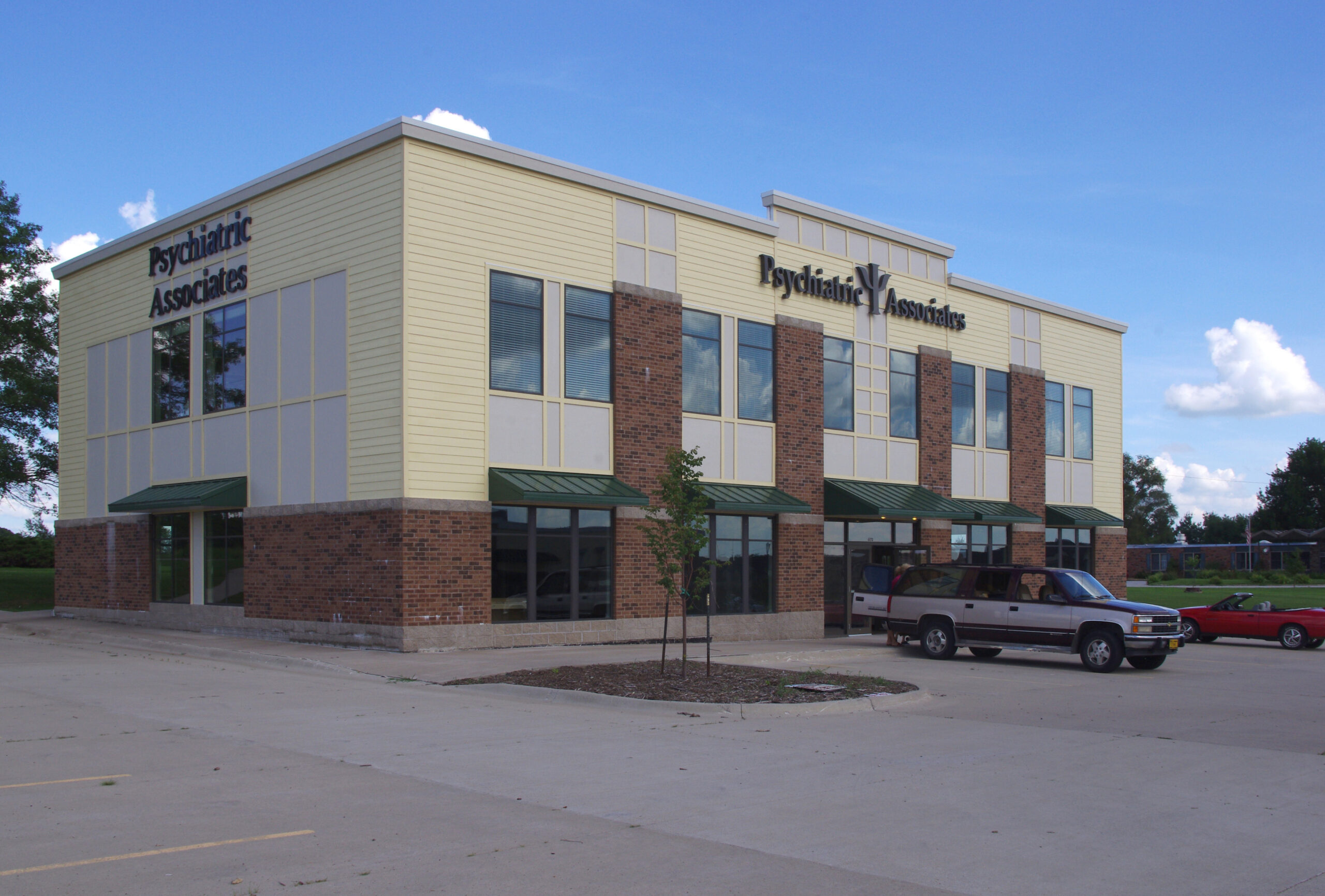Coralville Psychiatry
Coralville Psychiatry providers specialize in the treatment of mental health conditions through mental health services. Since psychotherapy is now primarily provided by psychologists and social workers, our psychiatric providers have increasingly focused on the medical aspects of treating mental health conditions. This includes assessment, prescribing psychiatric medications, ordering and interpreting necessary lab work, and coordinating care with other physicians who may be treating a patient for other health conditions as well as coordinating care with other medical providers.
Coralville Psychiatry offers child, adolescent, and adult psychiatry and medication management.
Specialty areas include, but are not limited to, the following:
Our psychiatric prescribers all have the same capabilities to assess, diagnose, treat, and prescribe for psychiatric disorders.
- Psychiatrists have gone through medical school and chosen to practice in the specialty area of psychiatry.
- Medical Doctors (MD) and Doctors of Osteopathy (DO) are doctors trained with a focus on the classical form of medicine, diagnosis, and treatment of human diseases.
- Physician Assistants (PA) are certified health care professionals that have completed a master’s program in the medical model.
- Advanced Practice Registered Nurses (APRNs) have completed a master’s program or doctorate in the medical model.
Schedule An Appointment Today!
If you or someone you love is suffering from psychiatric disorders, there is hope. Life with a mental disorder does not have to be a daily struggle. Discover the world of difference treatment can make for you as well as your loved ones.
Call Nystrom & Associates today at 320-460-8028 or click the button below to get started.
All Psychiatry Locations
Alexandria Clinic
Andover Clinic
Ankeny Clinic
Apple Valley Clinic
Appleton Clinic
Baxter/Brainerd Clinic
Bemidji Clinic
Big Lake Clinic
Blaine Clinic
Bloomington Clinic
Cambridge Clinic
Cedar Rapids Clinic
Chaska Clinic
Coon Rapids Clinic
Cottage Grove Clinic
Crystal Clinic
Des Moines Clinic
Duluth Clinic
Duluth Mall Clinic
East Grand Forks Clinic
Eau Claire Clinic
Eden Prairie Clinic
Edina Clinic
Fargo Clinic
Fergus Falls Clinic
Greenfield Clinic
Hudson Township Clinic
Hugo Clinic
Hutchinson South Clinic
Iowa City Clinic
La Crosse Clinic
Madison Clinic
Mankato Clinic
Maple Grove Clinic
Maplewood Clinic
Mendota Heights Clinic
Minnetonka Clinic
Moorhead Clinic
New Brighton Clinic
North Liberty Clinic
Otsego Clinic
Red Wing Clinic
Roseville Clinic
St. Cloud Clinic
St. Louis Park Clinic
Stillwater Clinic
Willmar Clinic
Woodbury Clinic
About Coralville, IA
Coralville is a city in Johnson County, Iowa, United States. It is a suburb of Iowa City and part of the Iowa City Metropolitan Statistical Area. The population was 22,318 at the 2020 census. Coralville is the location of the Edgewater Park Site, a 3,800-year-old archaeological site along the Iowa River. The city's name is derived from the fossils that are found in the limestone along the Iowa River. In 1864, Louis Agassiz, a Harvard University zoologist, gave a lecture at the nearby University of Iowa titled “The Coral Reefs of Iowa City”. During the lecture, he presented local samples of fossilized Devonian period coral. The lecture was well received and helped raise public interest in the local fossils. In 1866, more corals were discovered at the site of a new mill, inspiring the citizens of the area to name the settlement "Coralville".
